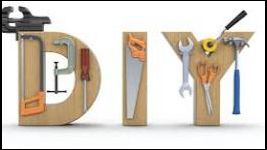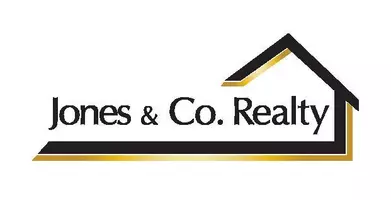Not All Lenders Are the Same: Understanding Your Home Financing Options

When it comes to buying a home, choosing the right lender is as important as finding your dream property. The mortgage market is vast, but the majority of home loans are handled by three main types of lenders: banks and credit unions, mortgage brokers, and mortgage bankers. Each has its own approach to lending, so understanding their differences can help you make the best decision for your financial future.
1. Banks and Credit Unions
Banks and credit unions are traditional financial institutions that many people turn to for home loans. These lenders typically offer:
- In-house loan products: Banks and credit unions provide mortgages funded by their own assets. While this limits the variety of loan options, it simplifies the process since everything stays within the same institution.
- Standardized rates: Rates and terms are often competitive but less flexible since they adhere to institutional guidelines.
- Member benefits: Credit unions, in particular, often offer lower fees and better rates to members.
Best For: Buyers who already have accounts at these institutions and prefer familiarity or potential member perks.
2. Mortgage Brokers
Mortgage brokers act as intermediaries, connecting borrowers with multiple lenders to find the best loan for their needs. Here’s what sets them apart:
- Wide lender network: Brokers have access to a variety of lenders, giving you a greater chance of finding competitive rates and terms.
- Customized options: They work with unique borrower situations, such as lower credit scores or self-employment, to find tailored solutions.
- Fee considerations: While brokers can save you money by finding better rates, they often charge a fee for their services, which can be built into your loan.
Best For: Buyers who want to explore multiple loan options or have unique financial situations.
3. Mortgage Bankers
Mortgage bankers are lenders who originate and fund loans using their own resources. They often sell these loans to larger entities like Fannie Mae or Freddie Mac.
- Streamlined process: Since they fund the loans directly, they can offer a faster, more seamless experience.
- Competitive rates: While mortgage bankers may not offer the same breadth of options as brokers, they often provide attractive rates for qualified borrowers.
- In-house servicing: Some mortgage bankers retain servicing rights, meaning you’ll deal with them for payments and questions long after closing.
Best For: Buyers who value speed and efficiency, especially for straightforward loan scenarios.
How to Choose the Right Lender
Selecting a lender depends on your financial goals, preferences, and specific circumstances. Ask yourself:
- Do I need a wide range of options?
- Am I looking for personalized service?
- How important is speed in the loan process?
Take time to compare rates, fees, and customer reviews. Consulting with a trusted real estate professional can also help you navigate the nuances of different lenders.
The Bottom Line
Not all lenders are the same, and understanding the differences between banks and credit unions, mortgage brokers, and mortgage bankers is key to finding the right financing. By educating yourself about your options, you can secure the loan that best meets your needs, and get one step closer to the home of your dreams.
Categories
Recent Posts










GET MORE INFORMATION
Billee Silva, PA, ABR SRS
Licensed Realtor | License ID: P3275278
Licensed Realtor License ID: P3275278
